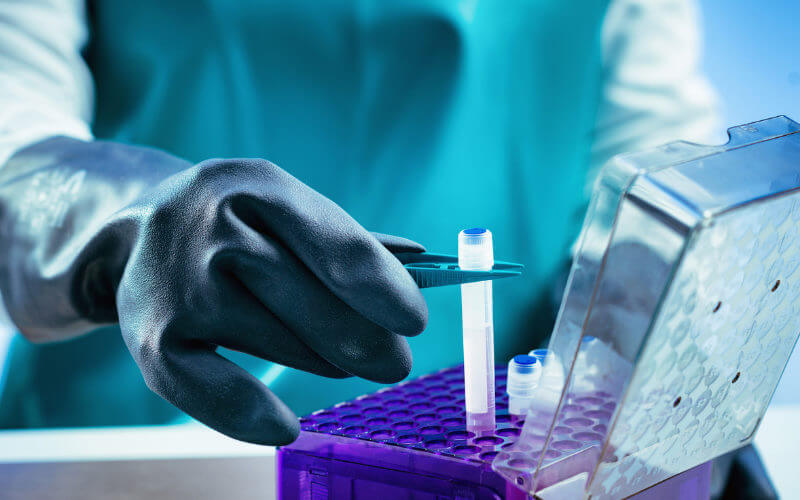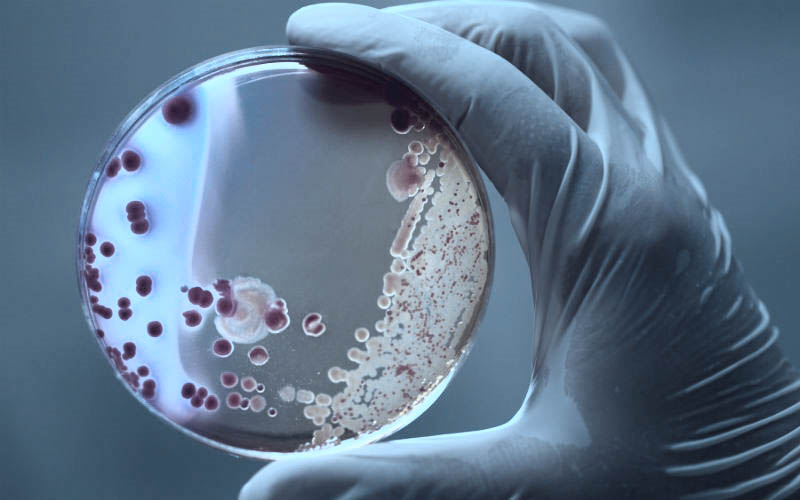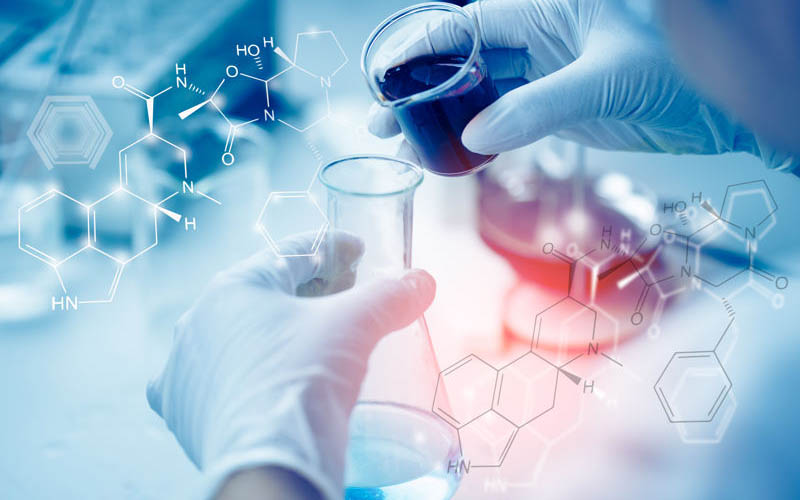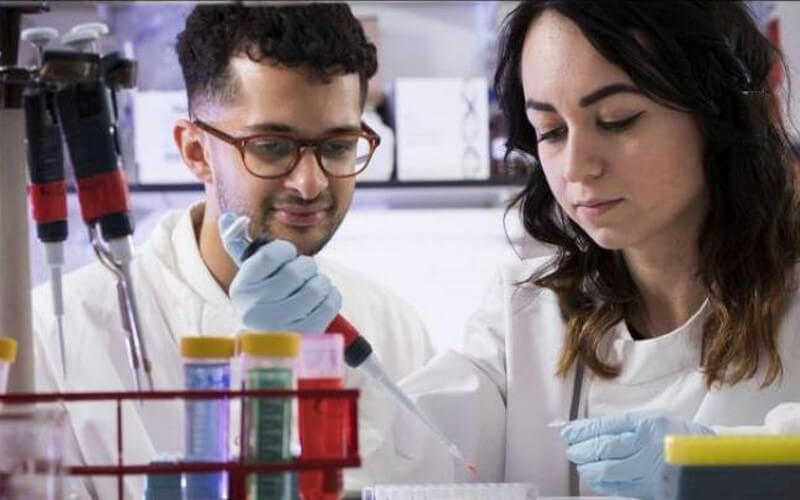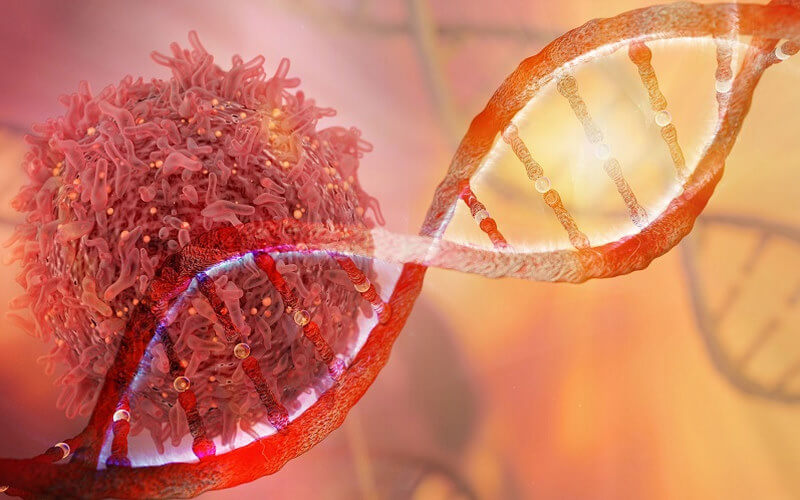Rheumatology

What is gout, and why are cases rising?
Olivia Colman's Queen Anne battles gout in 'The Favourite', but cases of the painful form of arthritis are on the rise. Anisur Rahman comments.
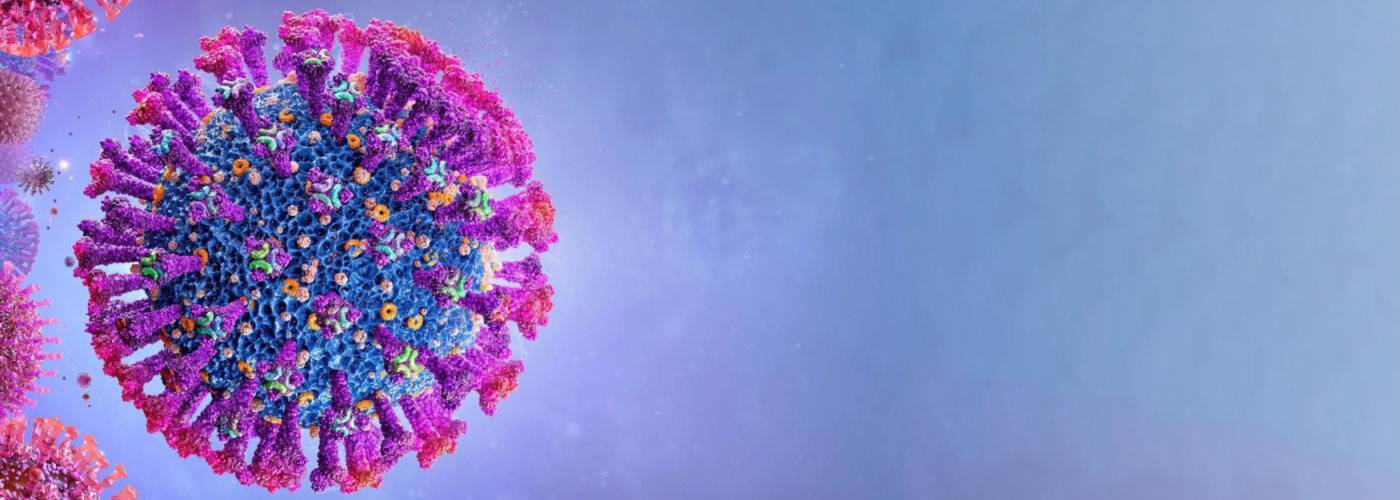
One in 10 people in the UK have autoimmune disorders
A study analysing the health records of 22 million people found that c. 10% of the population have at least one autoimmune condition. Prof. Cambridge comments.
Our work
We pioneered the development and use of in vivo systems of human disease (transgenic and genetically modified conventional and conditional knock-out mice) as pre-clinical models to investigate disease pathogenesis and discovery and validation programmes.
We use tissue biopsies and in vitro systems to investigate critical mechanisms of disease pathogenesis, utilising control and patient-derived tissues and cells and in vivo models. Key regulatory pathways are examined, leading to a better understanding of disease pathogenesis, and improved management and treatment of connective tissue diseases.
The Centre uses a translational approach to biomedical research. Basic science discoveries lead to large clinical programmes in scleroderma at the Royal Free Hospital, where a team-based environment co-ordinates multidisciplinary care for more than 1,500 patients.
The Centre also contains large specialist pulmonary hypertension (PAH) and Raynaud's phenomenon (RP) clinics incorporated within the connective tissue diseases service.
- Systemic sclerosis (scleroderma)
Lead investigator: Professor Chris Denton
Research focuses on studies relevant to systemic sclerosis (scleroderma) and related connective tissue disease and spans clinical, translational, and basic scientific themes. Clinical projects include interventional clinical trials in scleroderma, Raynaud's phenomenon, and pulmonary hypertension as well as research examining predictors of outcome and stratified approaches to patient investigation and management. Translational projects include studies of systemic sclerosis biology and development of new in vitro and in vivo model systems to test hypotheses of pathogenesis and new targets for therapy. The group works with others on fibrosis, vascular biology, and genetics.
- Wound healing, tissue remodelling
Lead investigator: Professor Markella Ponticos
Research interests include the mechanisms that underpin the biology of mesenchymal cells in normal tissues (skin, lungs, and vessels) and the way they alter during wound healing, tissue remodelling and in disease. Also, the transcriptional control mechanism(s) that result in the regulation of extracellular matrix genes in vivo, with particular emphasis on the fibroblast / myofibroblast and the smooth muscle cell. There are three main linked areas:
- Vascular remodelling in atherosclerosis and pulmonary arterial hypertension
- Biology of mesenchymal cells and the cell and molecular mechanism(s) of tissue repair, scarring and fibrosis
- Tissue specific regulation of genes to define mesenchymal cell lineages using Collagen Type I gene regulation.
- B cell depletion
Lead investigator: Professor Jo Cambridge
This group focuses on B cell depletion (an idea it introduced with the now retired Professor Jo Edwards over 10 years ago to treat rheumatoid arthritis). It explores more precisely how the technique works and tries to explain the marked variation in response between different patients.
- Autoimmune rheumatic disease
Lead investigator: Professor Mike Ehrenstein
This group investigates the immunoregulation of autoimmune rheumatic disease and how novel therapies modulate the autoimmune response in the context of rheumatoid arthritis (RA) and systemic lupus erythematosus (SLE). The use of novel biologic therapies represents an important tool to understand the aberrant immune responses found in patients with autoimmunity. In this context, the group has been studying the phenotype, functional and molecular characteristics of regulatory T cells in patients with RA and SLE before and after therapy.
Professor Ehrenstein focuses on the pathogenic and regulatory properties of B cells in patients with SLE as well as investigating the tolerogenic nature of secreted IgM.
- Signalling abnormalities
Lead investigator: Professor Elizabeth Jury
Professor Jury focuses on abnormalities in signalling within both T and B lymphocytes, in particularly within the area of the cell known as the lipid raft. She also focuses on abnormalities in the context of systemic lupus erythematosus.
- Antiphospholipid antibodies
Lead investigators: Professor Anisur Rahman, Professor Ian Giles
The APS Group focuses on the structure, function, origin, and pathogenic consequences of the antiphospholipid antibodies. These antibodies are linked to a predisposition to arterial and venous clotting and an increase in the risk of pregnancy losses - the clinical condition known as the antiphospholipid antibody syndrome. They are working on understanding at a cellular level how these antibodies cause clinical effects and on the development of a novel therapeutic agent.
- Automimmune rheumatic diseases in adolescence
Lead investigator: Professor Coziana Ciurtin
This group works on investigating the impact of puberty and sex determinants on immune system function using a gender-diverse adolescent cohort, including trans-gender individuals, aiming to understand why girls and females are more predisposed to developing autoimmune diseases. They are also working on understating the molecular causes that drive immune system dysregulation in lupus and Sjogren disease with onset in childhood and their role in causing damage and increased comorbidity risk in young people with these conditions.

Our experts
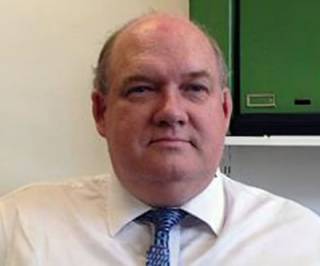
Prof. David Abraham (Head)
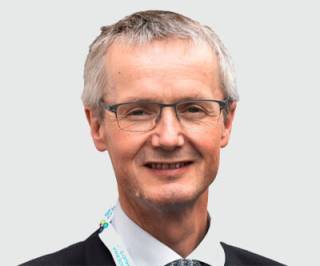
Prof. Christopher Denton (Head)
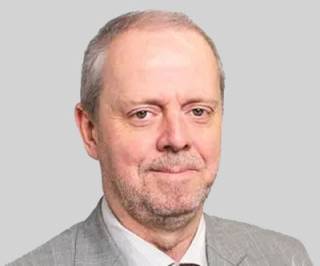


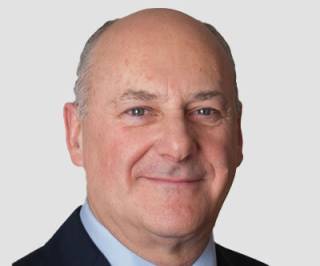

Dr Devi Kundu

Dr Ioannis Papioannou
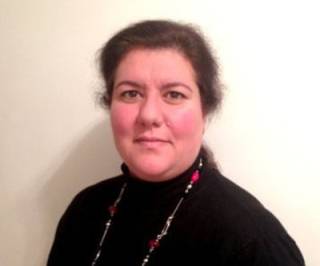

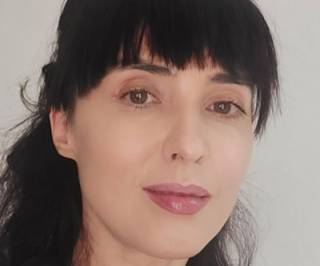
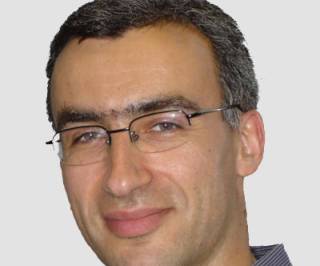
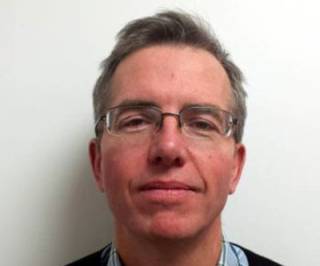
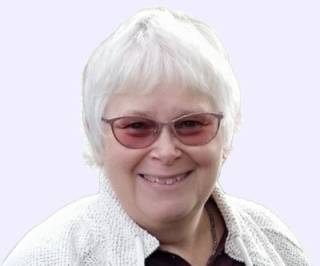
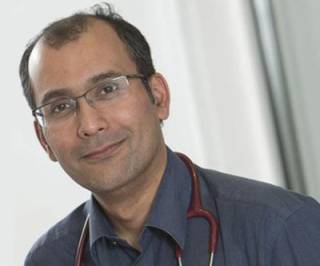
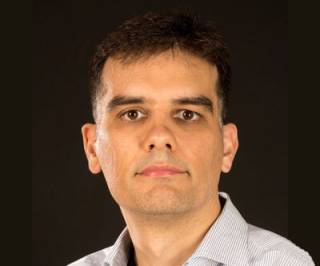
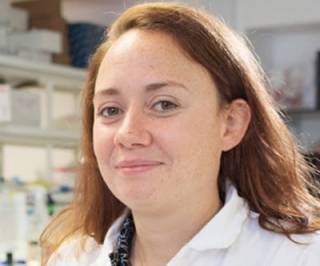
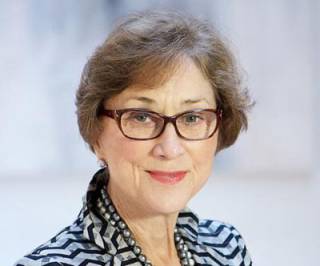
Emeritus Prof. Dame Carol Black
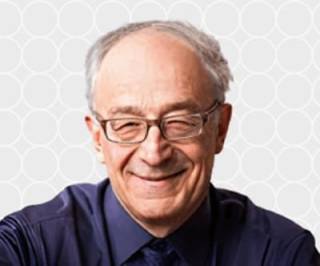
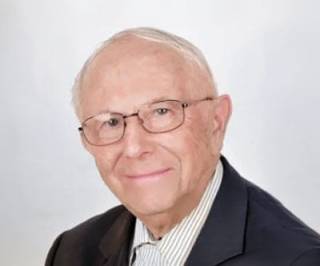
Additional members
- Track for Tenure
- Dr Venkat Reddy
- Dr Muhammed Shipa
- Dr Thomas McDonnell
- Dr George Robinson
- UCLH Honorary Staff
- Dr Maria Leandro
- Dr Madhura Castelino
- Post-Doctoral Research Associates
- Dr Ania Radziszewska
- Dr Hannah Peckham
- Dr Kevin Howell
- Dr Angela Tam
- Clinical Research Fellows
- Dr Kristina Clark
- Dr Alice Cole
- Dr Nina Goldman
- Dr Philip Yee
- Dr Anas Aledan
- Dr Benjamin Chaigne
- Research Technicians / Managers
- Ms Lucia Martin-Gutierrez
- Mrs Heather Thorn
- Mr Jamie Evans
- Ms Mahnaz Abbasian
- Research Assistants
- Miss Bahja Ahmed Abdi
- PhD Students
- Miss Vanessa Acquaah
- Miss Claire Beesley
- Miss Dafni Gyftaki Venieri
- Miss Lanxuan (Emma) Wei
- Mr Junjie Peng
- Administrative Staff
- Kim Fligelstone
- Millie Williams
- Pamela Yeomans
Selected Publications
- Taylor PC, Askari A, Choy E, Ehrenstein MR, Else S, Nisar MK (2023). Approaches to optimising access to NICE-approved biologic anti-TNFs for patients with rheumatoid arthritis with moderately active disease. BMC Med 21, 55 (2023).
- Shipa M, Santos LR, Nguyen DX ... Isenberg DA, Gordon C, Ehrenstein MR (2023). Identification of biomarkers to stratify response to B-cell-targeted therapies in systemic lupus erythematosus: an exploratory analysis of a randomised controlled trial. The Lancet Rheumatology, Vol. 5 (1), pp. e24-e35.
- Szylar G, Wysoczanski R, Marshall H, Marks DJB, José R, Ehrenstein MR, Brown JS (2022). A novel Streptococcus pneumoniae human challenge model demonstrates Treg lymphocyte recruitment to the infection site. Sci Rep 12, 3990 (2022).
- Shipa MRA, Langley L, Sacks B, Yeoh S-A, Mainuddin MD, Mukerjee D, Castelino M, Ehrenstein MR (2022). Increased erythrocyte mean corpuscular volume by methotrexate predicts clinical response in psoriatic arthritis. Rheumatology, Vol. 61 (9), Sept 2022, pp. e270–e273.
- Conrad N, Verbeke G, Molenberghs G, Goetschalckx L, Callender T, Cambridge G, Mason JC, Rahimi K, McMurray JJV, Verbakel JY (2022). Autoimmune diseases and cardiovascular risk: a population-based study on 19 autoimmune diseases and 12 cardiovascular diseases in 22 million individuals in the UK. The Lancet, Vol. 400 (10354), pp. 733-743.
- Saracino AM, Kelberman D, Otto GW, Gagunashvili A, Abraham DJ, Denton CP (2023). Unravelling morphoea aetiopathogenesis by next-generation sequencing of paired skin biopsies. Arch Dermatol Res.
- Aljaber MY, Orie NN, Raees A, Kraiem S, Al-Jaber M, Samsam W, Hamza MM, Abraham D, Kneteman NM, Beotra A, Mohamed-Ali V, Almaadheed M (2022). Downregulation of CYP17A1 by 20-hydroxyecdysone: plasma progesterone and its vasodilatory properties. Future Science OA Vol. 8 (6) July 2022.
- Beesley CF, Goldman NR, Taher TE, Denton CP, Abraham DJ, Mageed RA, Ong VH (2023). Dysregulated B cell function and disease pathogenesis in systemic sclerosis. Front. Immunol., 16 January 2023. Frontiers in Immunology. Vol. 13.
- Aspari M, Greisen SR, Soendergaard K, Dahl MN, Hvid M, Ong V, Abraham D, Deleuran B on behalf of Deleruran’s group, et al. (2022). POS0484 Lung Organoids: A novel approach to study the molecular pathology of pulmonary fibrosis in systemic sclerosis. Annals of the Rheumatic Diseases;81:496-497.
- Clarke AE, Hanly JG, Urowitz MB, St Pierre Y, Gordon C, Bae S-C, Romero-Diaz J, Sanchez-Guerrero J, Bernatsky S, Wallace DJ, Isenberg DA, Rahman A, et al (2023). Assessing the Costs of Neuropsychiatric Disease in the Systemic Lupus International Collaborating Clinics Cohort Using Multistate Modeling. Arthritis Care Res.
- Johnson SR, Gladman DD, Brunner HI, Isenberg D, Clarke AE, Barber MRW, Arnaud L ... Peschken CA, Petri M, Rahman A, et al. (2023). Evaluating the Construct of Damage in Systemic Lupus Erythematosus. Arthritis Care Res.
Peng J, Donnes P, Ardoin S, Schanberg L, Lewandowski L, Robinson G, Jury E, Ciurtin C (2023). Atherosclerosis progression in the APPLE trial can be predicted in young people with juvenile-onset systemic lupus erythematosus using a novel lipid metabolomic signature. Arthritis and Rheum, 2023 Oct 2.
Cope A, Jasenecova M, Vasconcelos JC, Filer A, Raza K ... Ciurtin C, et al (2024). Abatacept in individuals at high risk of rheumatoid arthritis: a randomised, multi-centre, placebo-controlled phase 2B interception trial. The Lancet.
Robinson GA, Peng J, Peckham H, Butler G, Pineda-Torra I, Ciurtin C, Jury EC (2022). Investigating sex differences in T regulatory cells from cisgender and transgender healthy individuals and patients with autoimmune inflammatory disease: a cross-sectional study. Lancet Rheumatol. 2022 Aug 31;4(10):e710-e724.
Kearsley-Fleet L, Baildam E, Beresford M, Douglas S, Foster H, Southwood H, the UK JIA Biologic Registers, Hyrich K, Ciurtin C (2022). Successful stopping of biologic therapy for remission in children and young people with juvenile idiopathic arthritis (JIA). Rheumatology, Vol. 62, Issue 5, May 2023, pp. 1926–1935.
Facilities
Our new academic research laboratory on the fourth floor of the Rayne Building allows us to run virtually any kind of immunological experiment.
These range from the simplest ELISA to immuno-histochemistry and the very latest in flow cytometry using an image scanner which incorporates up to nine different colour variants identifying different cell populations.
We also work closely with colleagues in Cardiology, Respiratory, Pharmacology and Hepatology who each have their own specialists and imaging capacity.
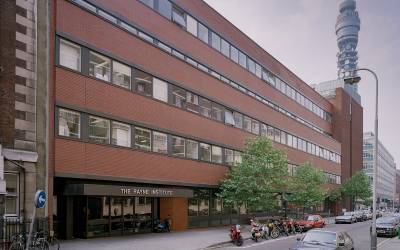
Funding and Partnerships
The research component of the centre is based in laboratories part funded by the Arthritis Research UK (ARUK) in the Rayne Building (University Street). Our laboratory-based research focuses on the structure, function, origin and pathogenic consequences of autoantibodies, B and T cell regulation, lipid rafts and the molecular effects of statins.
We hold an Oliver Bird PhD programme grant from the Nuffield Foundation, two grants from the ARUK, several research fellowships (ARUK and Welcome Trust) and many project grants. Our total grant income is over £9,000,000 since X, making us among the largest single centre beneficiary of ARUK funds in the UK (all achieved through competitive awards).
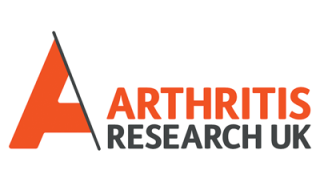
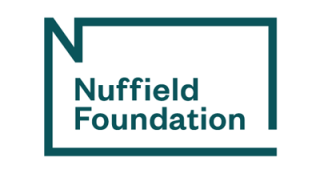

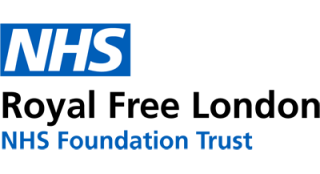
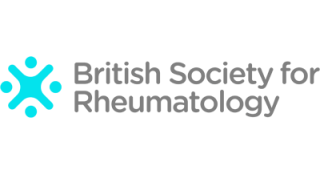
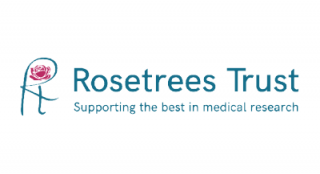
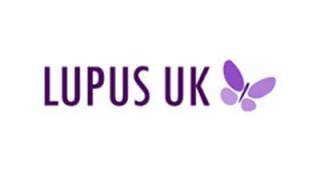
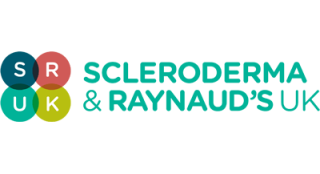
Clinical Services
At the Royal Free campus, we provide a general rheumatology service covering rheumatoid arthritis, systemic lupus, psoriatic arthritis, vasculitis, and sarcoid, and combined dermatology clinics. We are the major European centre for the treatment and management of scleroderma (systemic sclerosis) and related connective tissue diseases and have specialist clinics for Raynaud's phenomenon. We are also a national centre for diagnosis and treatment of pulmonary arterial hypertension. We support outreach clinics at 20 hospitals in places across Sussex, Essex, Wales, Bristol, Portsmouth and Coventry, and host nurse specialists involved in supporting patients through local and national education services.
Related programmes
 Close
Close


